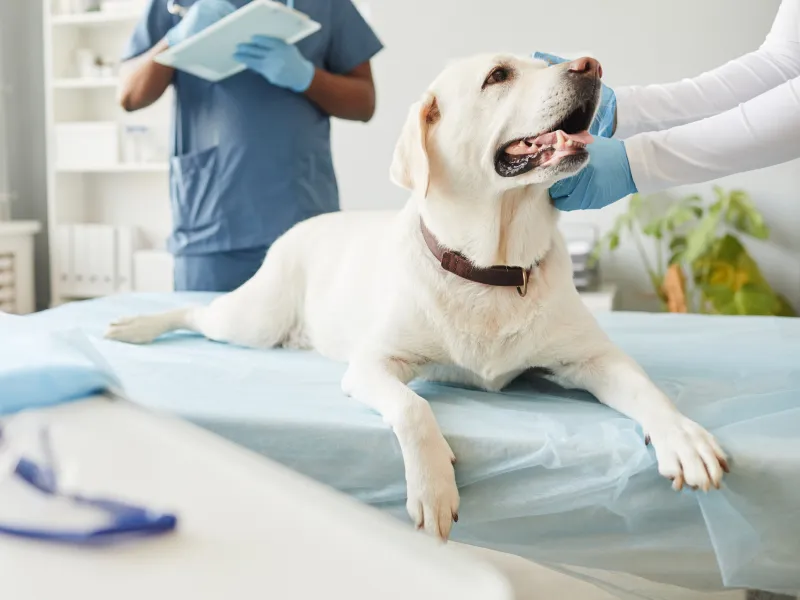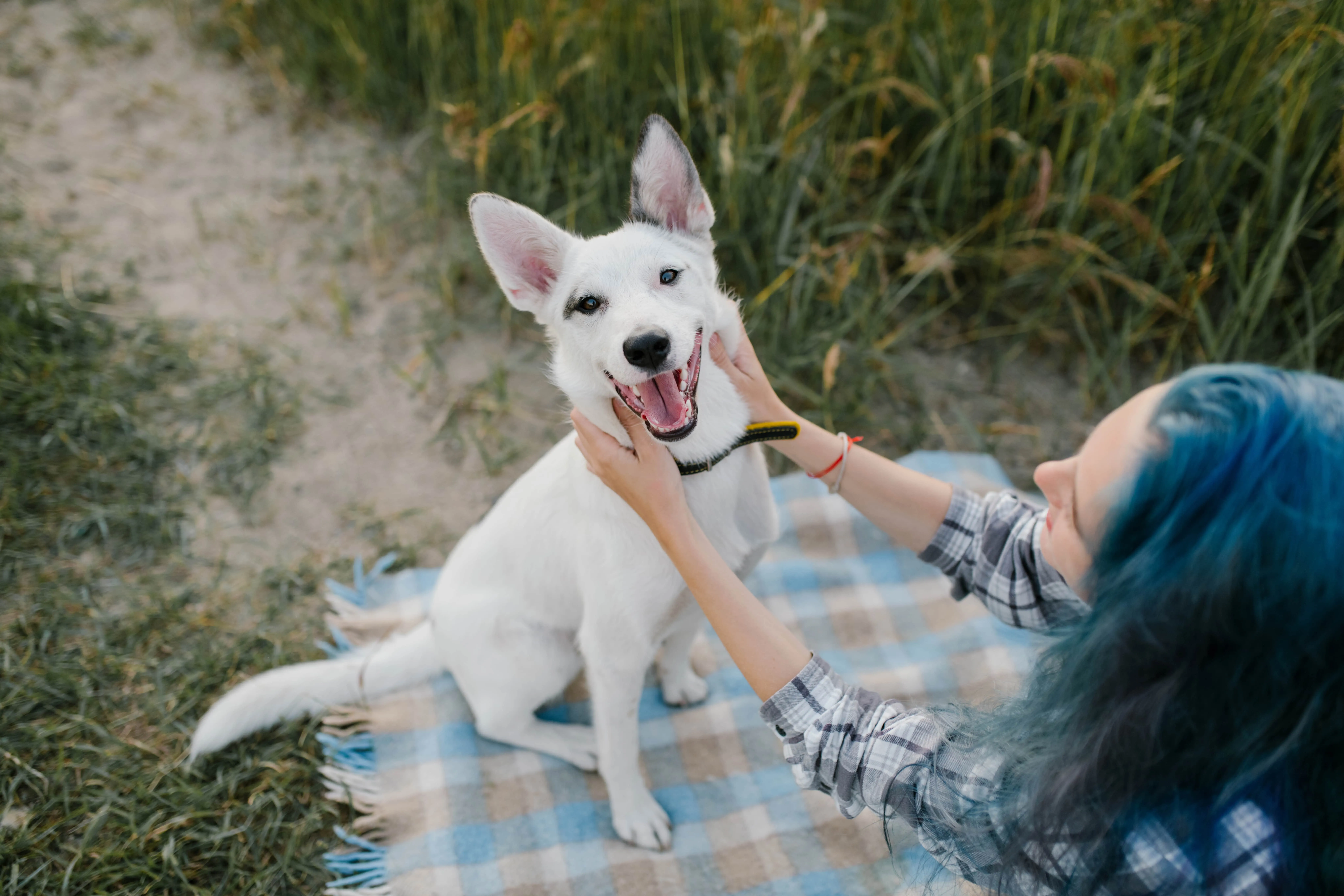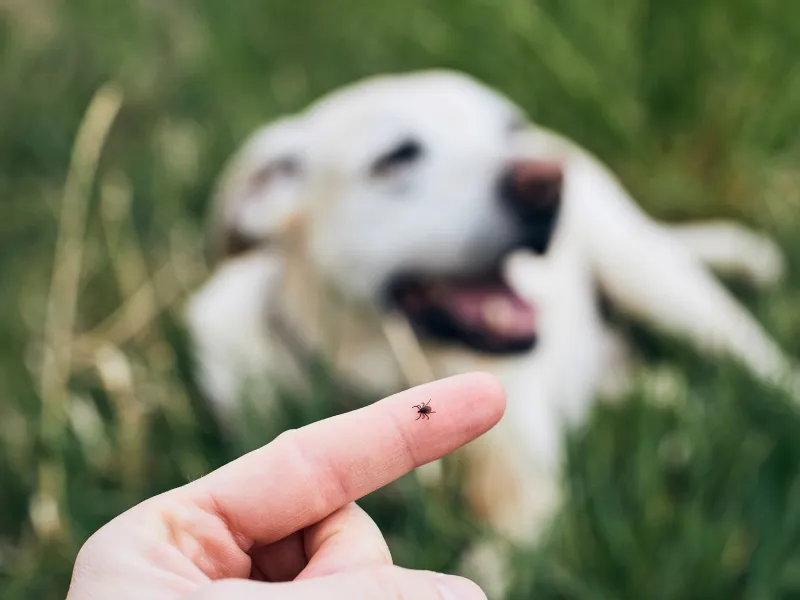Health & Wellness

Learn how to keep cats warm in winter, from creating cozy indoor spaces to recognizing hypothermia signs.

Learn about your dog's dental development and why tooth count matters.

Learn when dogs need winter boots, signs of paw discomfort and alternatives to protect your dog's paws from salt, ice and cold temperatures.
.jpg)
Dogs can drink coconut water in small amounts, but high potassium levels and potential additives make it risky. Plain water is a better choice for your pup.
.jpg)
Always call your veterinarian or pet poison control before giving your dog hydrogen peroxide.
.jpg)
Christmas cactus is non-toxic to dogs and cats, making it a pet-safe holiday plant.
.jpg)
Most cats are fully grown between 12-18 months, though some breeds take longer. Learn about your cat's growth timeline and when to switch to adult food.
.jpg)
Learn about whipworms in dogs, including how dogs get infected, symptoms to watch for and the best prevention methods to keep your pup healthy.
.jpg)
While a small sip of plain seltzer probably won't send you rushing to the emergency vet, there's really no benefit to giving it to your dog.
.jpg)
It's Pet Diabetes Month, so we're breaking down everything you need to know about cat diabetes — from spotting the early warning signs to understanding the latest treatment options.

While each pet’s health needs are based on a unique combination of temperament, lifestyle and genetic factors, certain dog breeds consistently show higher rates of gastric issues.
.webp)
Dogs should not eat candy — learn which ingredients are toxic, what to do in an emergency and why it's best to keep sweets away from your pup.
.webp)
How to transition your dog’s food safely and easily.

Learn how microchip registration and pet insurance work hand-in-hand to protect pets. Keep your pet safe, prepared, and covered for life’s surprises.

Learn how to create a healthy puppy sleeping schedule with naps and bedtime routines that support growth, behavior and well-being

Learn how to help a teething puppy with safe, effective tips to ease discomfort, protect your home and support healthy dental development.

Learn how to puppy proof your home with room-by-room tips to keep your new dog safe, from securing cords to creating hazard-free play zones.

Learn how to crate train your dog with confidence using positive, humane methods that make the crate a safe and happy space.

Tick season now lasts longer than it used to and many tick species are gaining a foothold in areas they weren’t previously found.

Dr. Aliya McCullough clears up some common misconceptions about pets and vaccines, so you can stay informed and keep your pet healthy and safe.

Dogs can develop heatstroke quickly, and not just in a hot car. Learn what temperature is too hot for walks outside with your dog and more.

Yes, cats can eat shrimp — just make sure it's cooked through and the tail is removed. Consult your vet on how much shrimp is safe for your cat.

If your dog’s pupils are two different sizes, it may be anisocoria and could be a symptom of a larger problem. Two vets explain what you should know.

Common causes of lumps on dogs are inflammation, allergic reaction, cancer or scar tissue. If you find a new lump on your dog, call your vet.
Loading...
There are no articles that match your search.
Try again